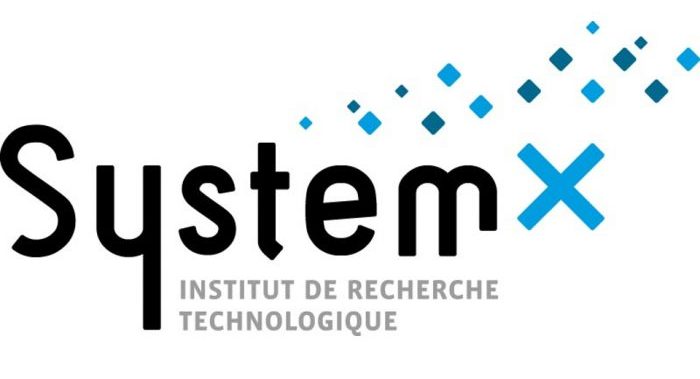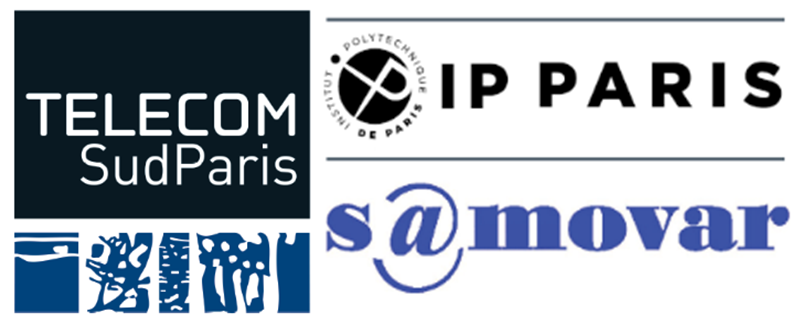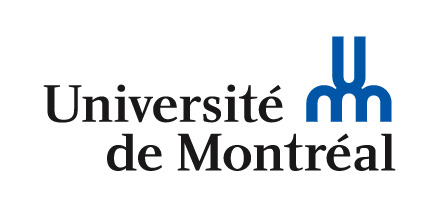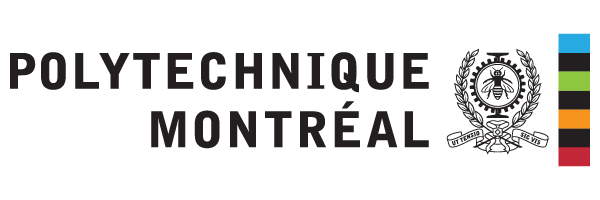The 1st Foundations & Practice of Security (FPS) Symposium was held in 2008, following the Canada-France Meeting on Security held at the Simon Fraser University, Vancouver, on December 06-08, 2007.
Since then, the FPS Symposium has been held annually, alternating Canadian and French locations. After the previous meetings took place in Grenoble, Toronto, Paris, Montréal, La Rochelle, Montréal, Clermont-Ferrand, Quebec City, Nancy, Montréal, Toulouse, Montréal, this 14th edition of the FPS symposium will be held in Paris France.
Protecting the communication and data infrastructure of an increasingly inter-connected world has become vital to the normal functioning of all aspects of our world. Security has emerged as an important scientific discipline whose many multifaceted complexities deserve the attention and synergy of the mathematical, computer science, and engineering communities.
The aim of FPS is to discuss and exchange theoretical and practical ideas that address privacy and security issues in inter-connected systems. It aims to provide scientific presentations as well as to establish links, promote scientific collaborations, joint research programs, and student exchanges between institutions involved in this important and fast-moving research field.
We welcome submissions spanning the full range of theoretical and applied work including user research, methods, tools, simulations, demos, and practical evaluations. Submissions should be 16 pages for full technical papers and 8 pages for short, position papers or demos including references. We also invite papers from researchers and practitioners working in security, privacy, trustworthy data systems, and related areas to submit their original papers. Special care will be given this year to Artificial Intelligence and Cybersecurity. Moreover we are interested in data sharing, data disclosure, individual tracking, and fake news regarding their impacts on security and privacy.
Topics of Interest
They include but are not limited to (alphabetically ordered):
- Access control languages
- Adversarial AI and Machine Learning in cybersecurity and privacy
- Blockchain-based systems security and security services
- Code reverse engineering and vulnerability exploitation
- Contact / proximity / location tracking
- Computer and network security
- Cryptography and cryptanalysis
- Cybersecurity and Online Gaming
- Data brokers and security
- Data disclosure
- Data mining and watermarking
- Data sharing Distributed security protocols and policies
- Ethical and social implications of privacy and security
- Fairness, interpretable and explainable algorithms
- Fake news (detection, prevention, and remediation)
- Image and data forensics
- Identity management and Self-sovereign identities
- Identity theft
- Information manipulation
- Information-theoretic security
- IoT security and privacy
- Malware, botnet, and advanced persistent threats
- Misinformation and deep fakes
- Multi-party privacy Privacy and sensitive data management
- Privacy and security awareness
- Privacy and security challenges in e-Services, e.g. eHealth,e-Government, e-CommercePrivacy
- Enhancing TechnologiesProfiling (detection, techniques, tools)
- Quantified security and privacy
- Recommender systems in privacy and security
- Security, privacy, and trust in Industrie 4.0, energy 4.0, SmartCity…
- Security and privacy in social networks
- Security in sensor networks and RFIDs
- Security of cloud computing and grid computing
- Security of distributed embedded middleware
- Security of service-oriented architectures
- Security and privacy management and policies
- Side-channel and physical attacks
- Threat analysis and trust management
Paper submission
Submitted papers must not substantially overlap with papers that have been published or that are simultaneously submitted to a journal or a conference with proceedings. Papers must be written in English and must be submitted electronically in PDF format.
The papers that will be selected for presentation at the conference will be included in post-proceedings published by Springer in the Lecture Notes in Computer Science (LNCS) series (prior to publication the papers should be revised according to the review comments). Pre-proceedings will appear at the time of the conference.
Maximum paper length will be 16 printed pages for full papers and 8 pages for short, position papers or demos in LNCS style (http://www.springer.de/comp/lncs/authors.html). Authors of accepted papers must guarantee that their papers will be presented at the conference. All paper submissions will be handled through the Easy Chair conference management system: https://easychair.org/conferences/?conf=fps2021.


